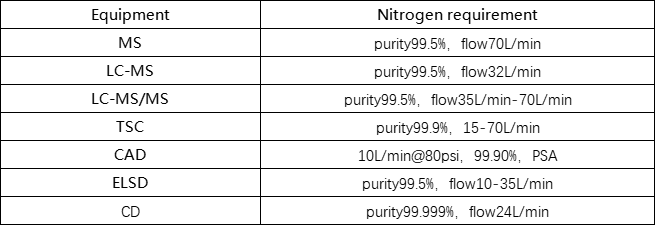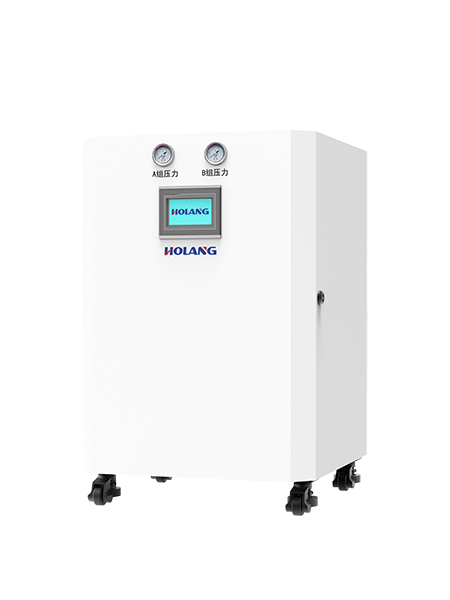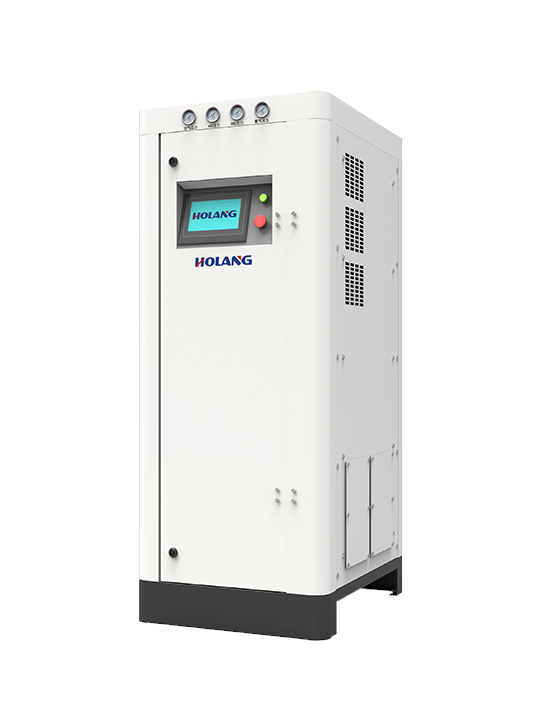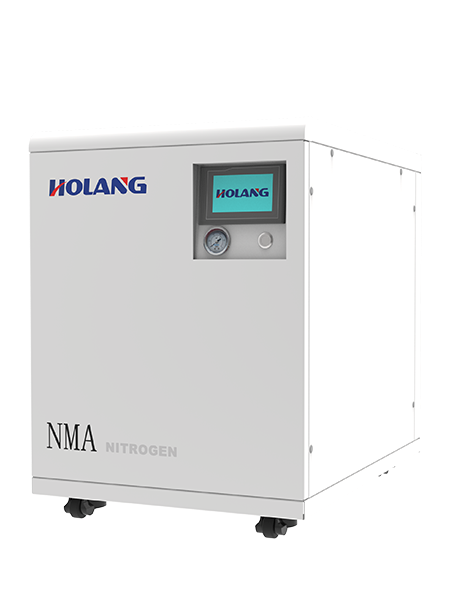JOIN US
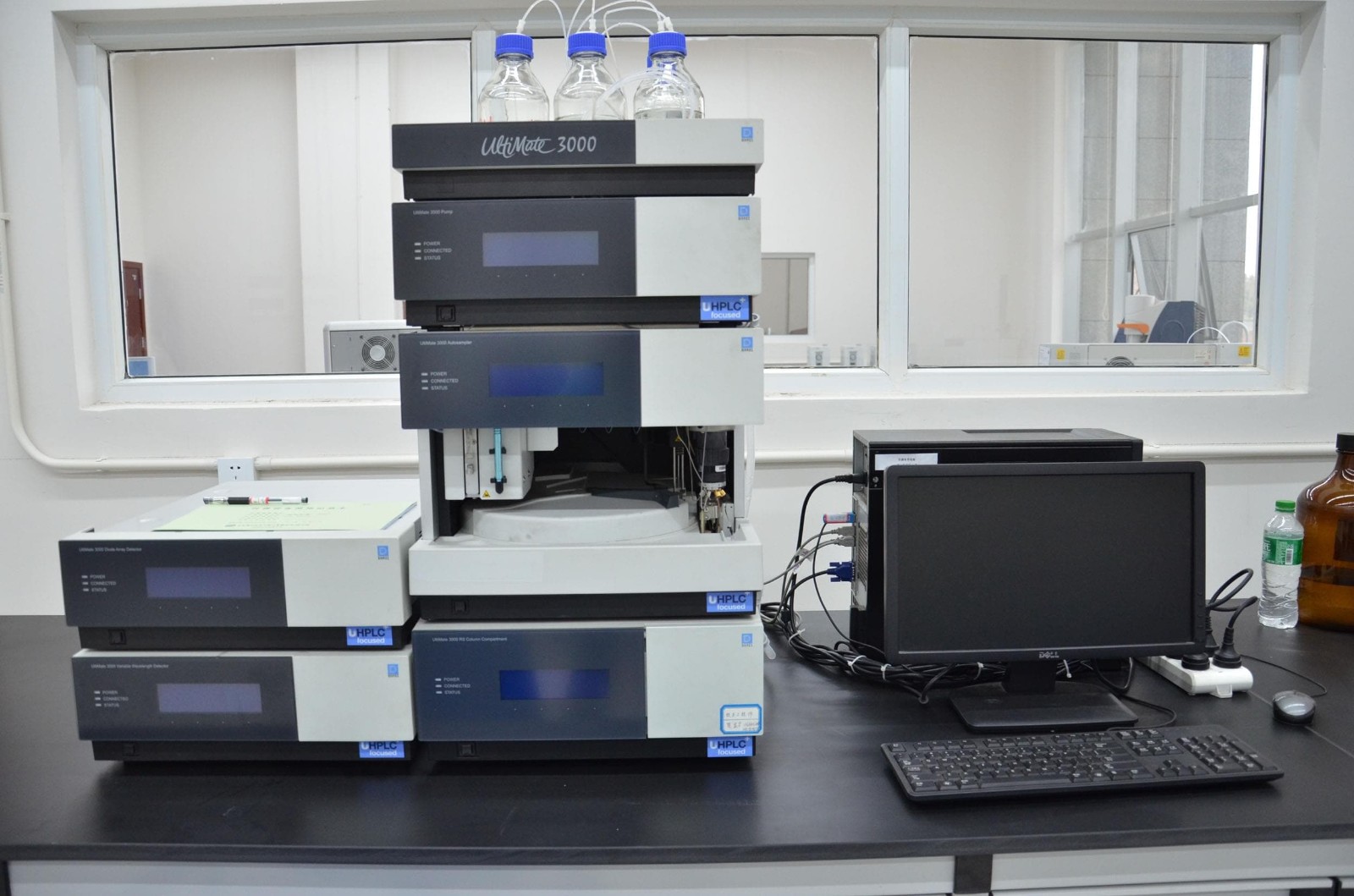
——From analytical testing to scientific research, high-purity nitrogen generators help laboratories improve efficiency, reduce costs, and ensure data reliability.
Nitrogen generators play a crucial role in laboratories as they provide high-purity nitrogen continuously, safely, and cost-effectively, replacing traditional high-pressure gas cylinders. Their main applications are very broad, primarily relying on the inert, dry, and non-flammable nature of nitrogen to protect samples, instruments, and experimental processes. Main applications include instrument protection and carrier/gas purging for analytical instruments, sample preparation and processing, chemical reaction protection, equipment protection, purification and separation systems, and pipeline purging. One of the most common applications is to provide a stable inert gas environment for analytical instruments such as chromatographs, liquid chromatography-mass spectrometry (LC-MS), and liquid chromatography-tandem mass spectrometry (LC-MS/MS).
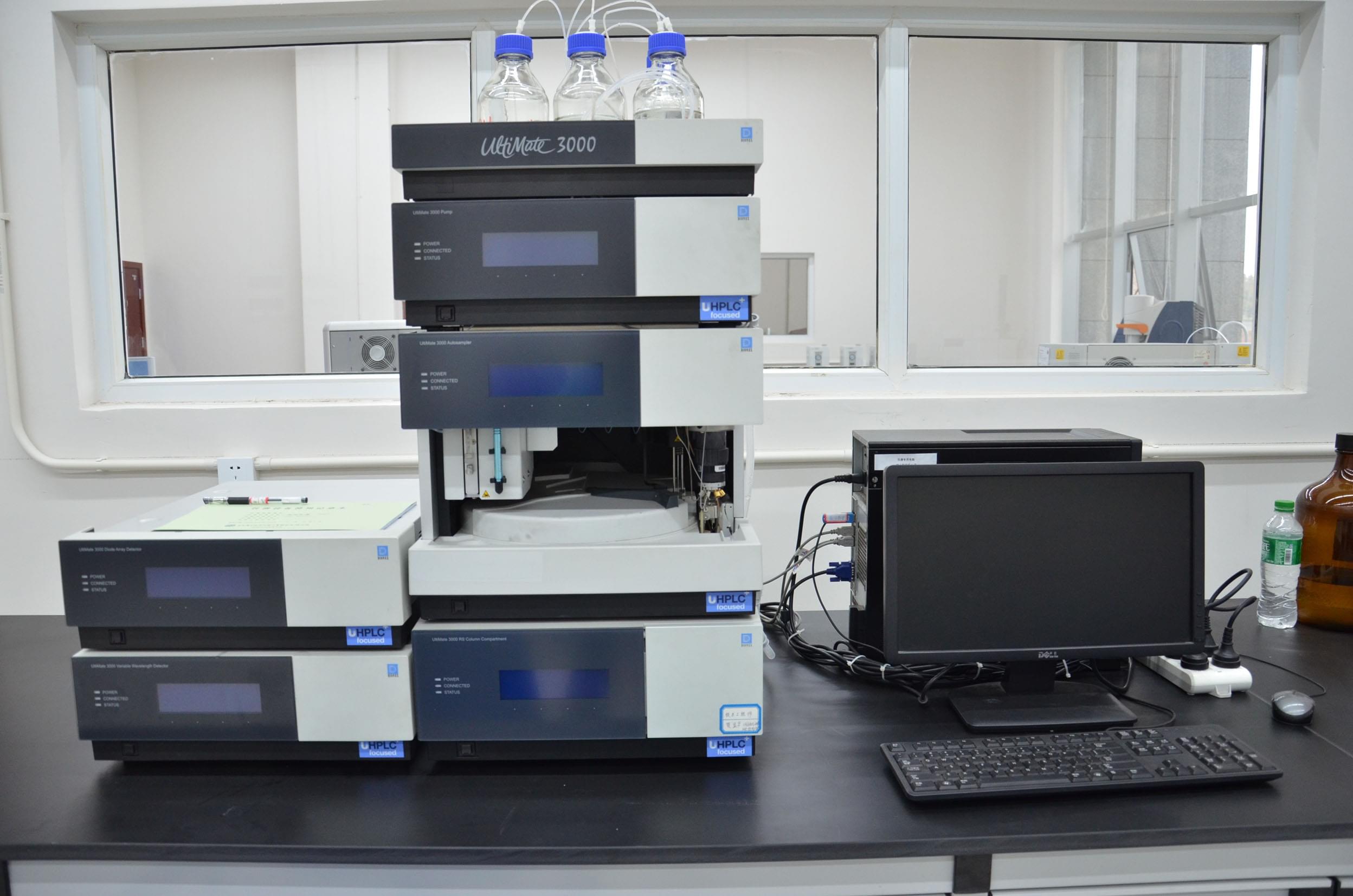
As an inert gas, nitrogen does not react with most substances. Using nitrogen as a protective atmosphere in analytical instruments can improve the sensitivity and accuracy of detectors. In addition, nitrogen also plays an important role in analytical instruments, particularly as a carrier gas for sample transport. A carrier gas is a gas used to transport gas samples or vaporized samples through a chromatography column for separation. Carrier gases help in sample separation and also transport the separated components into detectors for analysis.
What is Carrier Gas?
A carrier gas is a gas fluid used to transport the sample in the analytical process. It plays the role of delivering the sample to the chromatography column, without directly participating in the separation process. Common carrier gases include hydrogen, helium, nitrogen, argon, and carbon dioxide.
Selecting the Right Carrier Gas

The choice of carrier gas mainly depends on factors such as the detector type, experimental requirements, safety, and cost-effectiveness. Nitrogen is one of the most commonly used carrier gases in laboratories due to its relatively large molecular weight, small diffusion coefficient, high column efficiency, safety, and low cost. Selecting high-purity carrier gases is essential, as impurities in the gas (such as oxygen and moisture) could react with the stationary phase of the chromatography column, resulting in decreased column efficiency, reduced detector sensitivity, and affecting the analysis results.
Advantages of Nitrogen Generators
Compared to traditional high-pressure cylinders, nitrogen generators offer the following significant advantages:
Nitrogen Requirements for Major Laboratory Equipment
